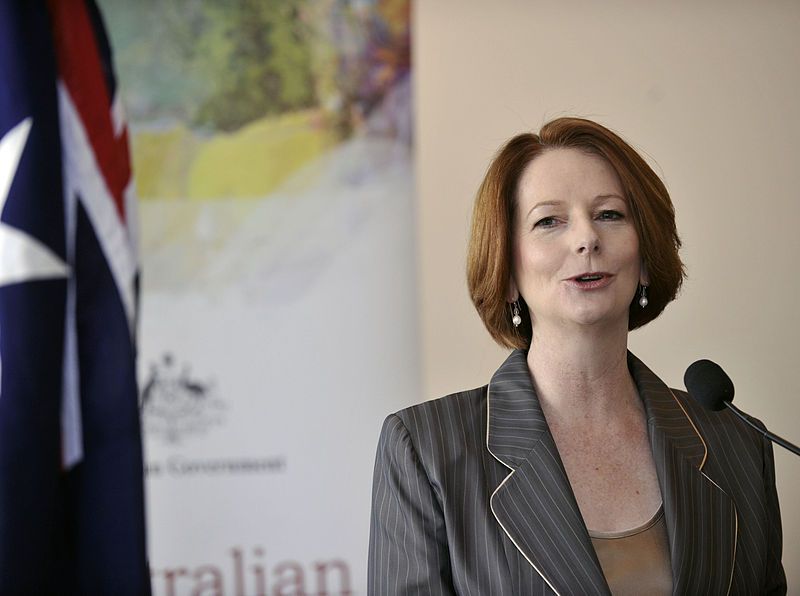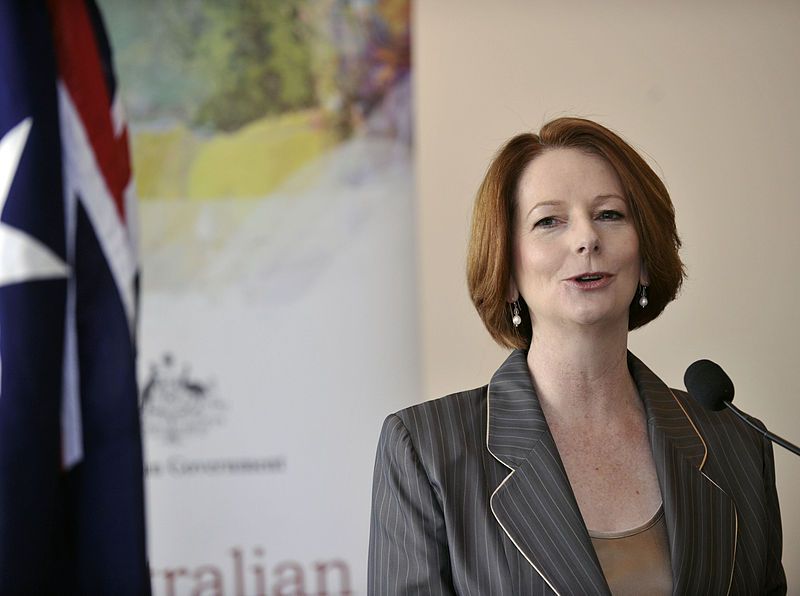Australian PM introduces carbon tax bill into parliament
Julia Gillard, the Australian Prime Minister, took her controversial plans to introduce a carbon tax on the country’s biggest polluting industries into parliament today.


Julia Gillard, the Australian Prime Minister, took her controversial plans to introduce a carbon tax on the country’s biggest polluting industries into parliament today.
Gillard’s proposal is the third attempt in the country to have the bill passed, with former Prime Minister Kevin Rudd seeing parliament reject the bill on two separate occasions.
The proposal would mean that nearly 500 companies would be forced to pay A$23 per tonne of emitted carbon from July next year, as part of the country’s plans to reduce industry emissions. Following the carbon tax policy the country then plans to implement a carbon-emissions trading scheme from mid 2015, with Gillard seeing the move as essential to Australia’s aim of reducing carbon emissions by at least 5 percent by 2020.
“Today we move from words to deeds. This parliament is going to get this done,” Gillard stressed as she put forward the carbon tax proposals.
If the emission trade scheme is passed then Australia will join New Zealand and the European Union, who it has discussed linking future schemes with recently, in implementing national emission trade schemes. The United States and Japan also operate similar schemes, but on a regional level.
Christine Milne, deputy leader of the Green party, remains optimistic that the bills would be passed by the end of the year as not only do the proposals have the full support of the Greens but a host of key independents. “The introduction of the bills comes at exactly the same time as we have scientists telling us that we are once again witnessing historic losses of Arctic sea ice,” she said speaking to reporters.
The bills will now be sent to a parliamentary inquiry - scheduled to report its recommendations at the start of next month. Gillard and her government also commented that they want the bill passed by the lower House of Representatives by October 11th. The upper house Senate is planning an extra week of sittings at the beginning of November to deal with the legislation.
The plans have been met with fierce criticism by the opposition who are accusing the government of rushing through the deal without consultation. “It's an attempt to ram through the most controversial legislation arguably of the last 30 years, with virtually no parliamentary scrutiny,” commented opposition climate spokesman Greg Hunt.
Australia’s reliance on coal for the majority of its electricity means that despite it only accounting for 1.5 percent of global emissions; it is one of the developed world’s largest emitters per capita.


